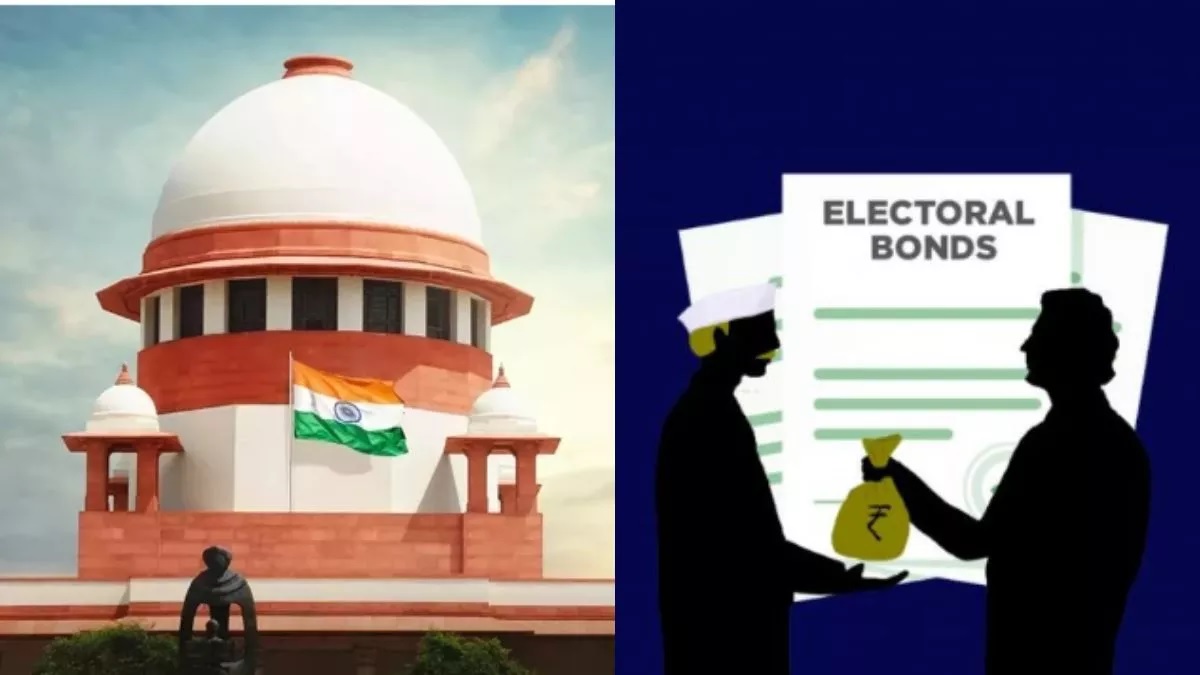- By Kamal Kumar
- Tue, 05 Mar 2024 08:08 AM (IST)
- Source:JND
Electoral Bond SBI Deadline: Seeking more time to submit the details of the electoral bonds, the State Bank of India (SBI) approached the Supreme Court on Monday to request a deadline extension to June 30 for making the disclosure. This comes as the earlier deadline mandated by the apex court - March 6 - approaches in two days.
The Supreme Court in its landmark judgment on February 15 had asked the bank to disclose details of each electoral bond encashed by political parties. The court also directed the bank to make public the details such as the date of encashment and the denomination of the electoral bond.
What does SBI say in its appeal?
The SBI, in its appeal for a time extension, said that the stringent measures implemented to safeguard donor identity's anonymity would make the process of "decoding" Electoral Bonds and matching donors to their contributions a challenging task.
The retrieval of information from "each silo" and the procedure of matching the information of one silo to that of the other would be a time-consuming exercise, it stated.
"It is submitted that details of purchases made at the Branches are not maintained centrally at any one place, such as the name of purchaser/donor which could be tallied with Date of Issue, Place of Issue (Branch), Denomination of Bond, Bond Number. The data related to the issuance of the bond and the data related to the redemption of the bond were kept recorded in two different silos. No central database was maintained. This was done so as to ensure that donors' anonymity would be protected," it added.
The bank told the apex court that donors' details were kept sealed at some branches. They were later deposited in the main branch of the applicant bank, located in Mumbai, it added.
The State Bank of India (SBI) argued that the Supreme Court's three-week deadline set in its February 15th judgement was insufficient to complete all necessary tasks. The bank requested an extension to comply with the court's order, which included stopping the issuance of Electoral Bonds and submitting details of past transactions.
SC had struck down the Electoral Bond scheme
Delivering a landmark unanimous decision, a five-judge Constitution bench led by Chief Justice of India DY Chandrachud, along with Justices Sanjiv Khanna, BR Gavai, JB Pardiwala, and Manoj Misra, struck down the Electoral Bonds scheme in February this year. Additionally, the amendments to the Income Tax Act and the Representation of People Act, which enabled anonymous donations, were

